SUMMARY
This is AI generated summarization, which may have errors. For context, always refer to the full article.
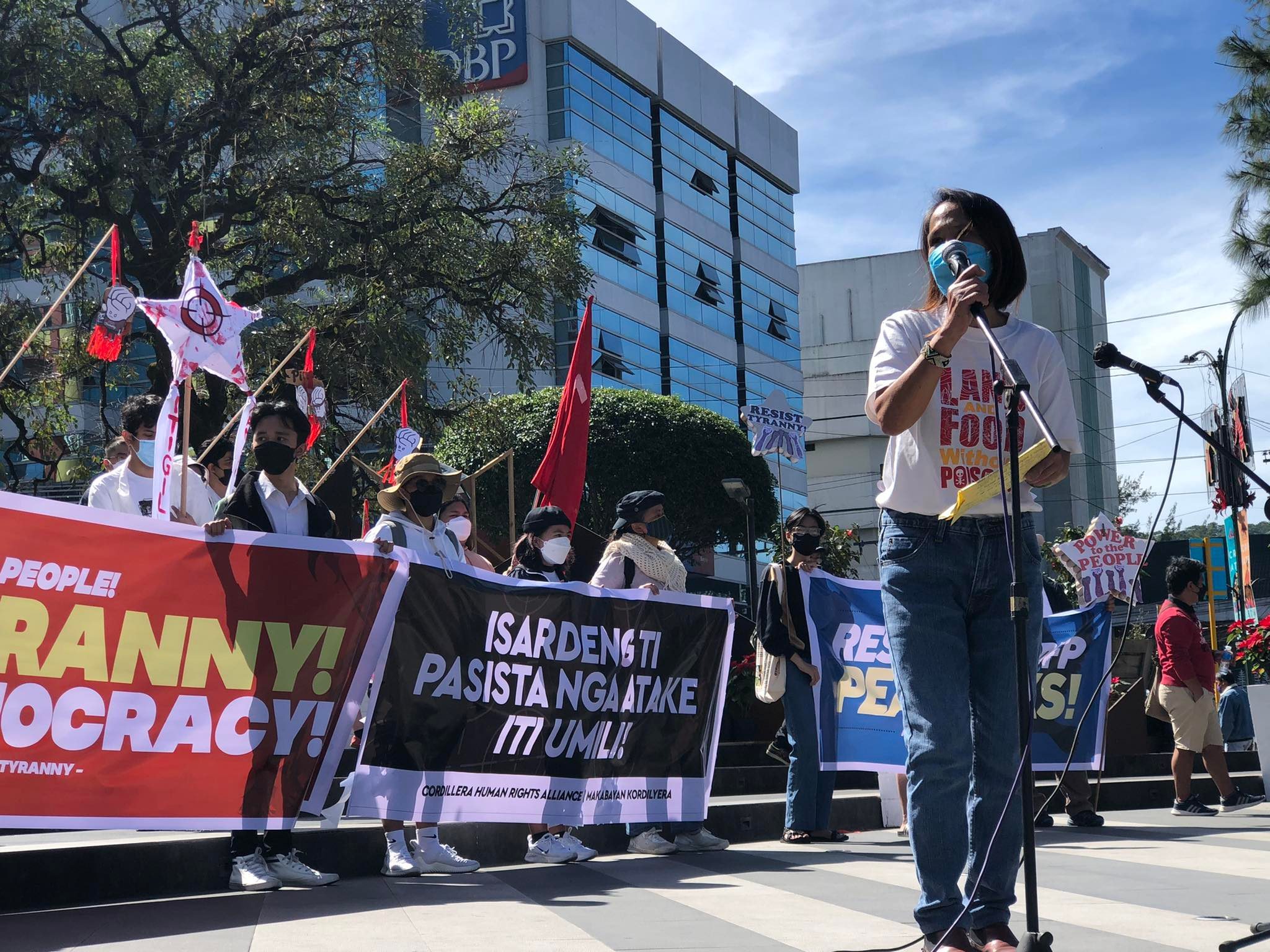
BAGUIO CITY, Philippines – Groups on Friday, December 10, said red-tagging cases continued to rise despite a judicial directive protecting several youth leaders and organizations and a resolution by the Commission on Human Rights-Cordillera Administrative Region (CHR-CAR) affirming the act violates human rights.
Youth Act Now Against Tyranny (YANAT) Baguio-Benguet said their members continue to experience red-tagging, including organizations and individuals covered by the writ of Amparo issued by a Baguio court.
“For the most part, we see the writ as a victory…. But the continuing red-tagging of the petitioners shows that the fight against it does not end in courts,” said YANAT Baguio-Benguet spokesperson Reginald Flores.
During an interview on December 10 – which is also International Human Rights Day – he shared that they continue to document online red-tagging, mostly done by troll accounts.
“In a way, they are now indirectly tagging the petitioners as communist rebels by branding their groups as front organizations. It is no longer directed to particular individuals,” he added.
Last March 25, Judge Emmanuel Rasing of Baguio Regional Trial Court Branch 3 granted the Amparo petition of Deanna Louise Montenegro, Leandro Enrico Ponce, Christian Dave Ruz, and Keidy Transfigucion against the Police Regional Office Cordillera (PROCOR). The court ordered PROCOR and its units to cease distributing materials tagging the petitioners as recruiters or members of communist rebels and their organizations as fronts.
In June, CHR-CAR released two resolutions stating that red-tagging violates the individual’s right to life and security. This stemmed from the case filed by Baguio-based media outlet Northern Dispatch against the Baguio City Police Office and former NTF-ELCAC spokesperson General Antonio Parlade.
At the time of the filing, Montenegro was the NUSP Baguio-Benguet spokesperson, and Ponce chairs the University of the Philippines Baguio Student Council. Ruz is the regional coordinator of Kabataan Party-list, and Transfiguracion is the coordinator of the Cordilleran Youth Center. Their organizations are part of the more than 30 groups, which compose YANAT Baguio-Benguet.
On March 26, PROCOR issued a directive to all police units under its authority to comply with the court order prohibiting them from posting anything associating the petitioners to the CPP-NPA.
YANAT sent four documented red-tagging posts shared by PNP Cordillera units. As of writing, only two remain online – the one by Bcpo Irisan, a station of the Baguio PNP, and the one from Bakun Municipal Police Station.
Red-tagging cases increasing
In a December 9 interview, CHR-CAR investigation chief Brigida Cecilia Abratique said red-tagging cases increased in 2021.
“[The cases] increased in 2021. It is no longer concentrated in Baguio, (as) there were cases being referred to us even in provinces,” she said.
In 2020, eight red-tagging complaints were lodged before CHR-CAR, and six were resolved. The number doubled in 2021, with 15 cases,with two pending resolution while the rest are under investigation.
Abratique said that, besides the cases filed by complainants, their office also docketed several cases exercising their motu propio mandate.
“Those we monitor through online, phone, or whatever means, we docket it and evaluate what type of case, if it would merit an investigation or for other legal services,” she explained.
Tip of the iceberg
Jeoffrey Larua of Metro Baguio group Tongtongan ti Umili (People’s Caucus) said the red-tagging cases filed before the CHR are only the tip of the iceberg.
According to Larua, there is, “in a way, underreporting of cases as far as formal complaints are concerned.” Citing their group as an example, he said that, out of the 25 incidents they recorded, only eight of their members formally requested CHR-CAR to probe their cases.
He explained how, in addition to getting the victim’s consent, they also evaluate what cases can prosper legally.
“Many cases of online red-tagging, the perpetrators are unknown because they use fake accounts,” Larua said. “Also, many of the victims opted not to file for fear of retaliation, while others are disillusioned on the prolonged resolutions of earlier cases filed before the Commission.”
The CHR-CAR investigation team admitted that cases take time to investigate and resolve, noting that online red-tagging is the most difficult to probe.
“We are not equipped, we don’t have the tools, and we are not trained. That is why we also advise them to file reports to the (National Bureau of Investigation) since they have the capacity [for such cases] so we can have simultaneous investigation,” Abratique said.
Abratique added they cannot investigate if perpetrators are not identified. According to her, the perpetrators rarely reply when summoned while some complainants only submit letters and are unresponsive when they ask for affidavits and evidence.
“We are really trying but we have many limitations – our manpower, our coverage and jurisdiction, and we also have lots of concerns – not only these cases – and we are balancing our work,” she said. – Rappler.com
Sherwin de Vera is a Luzon-based journalist and an awardee of the Aries Rufo Journalism Fellowship.
Add a comment
How does this make you feel?


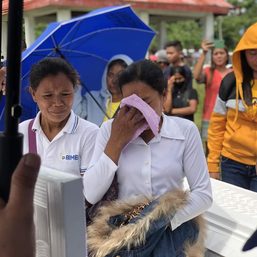

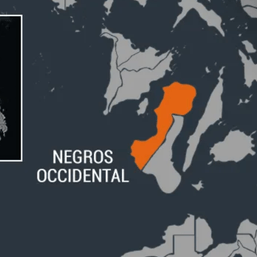

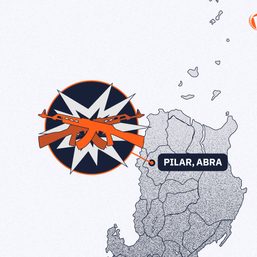
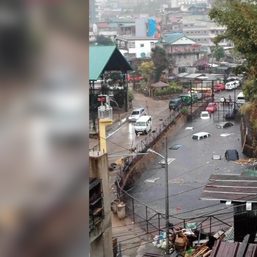

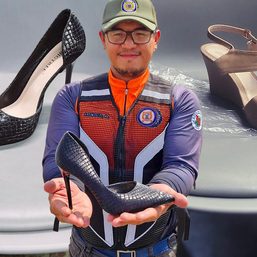



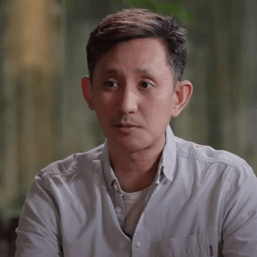
![[WATCH] Dahas Project, the team that continues to count drug war victims](https://www.rappler.com/tachyon/2024/03/dahas-project-2.jpg?resize=257%2C257&crop=404px%2C0px%2C1080px%2C1080px)
There are no comments yet. Add your comment to start the conversation.